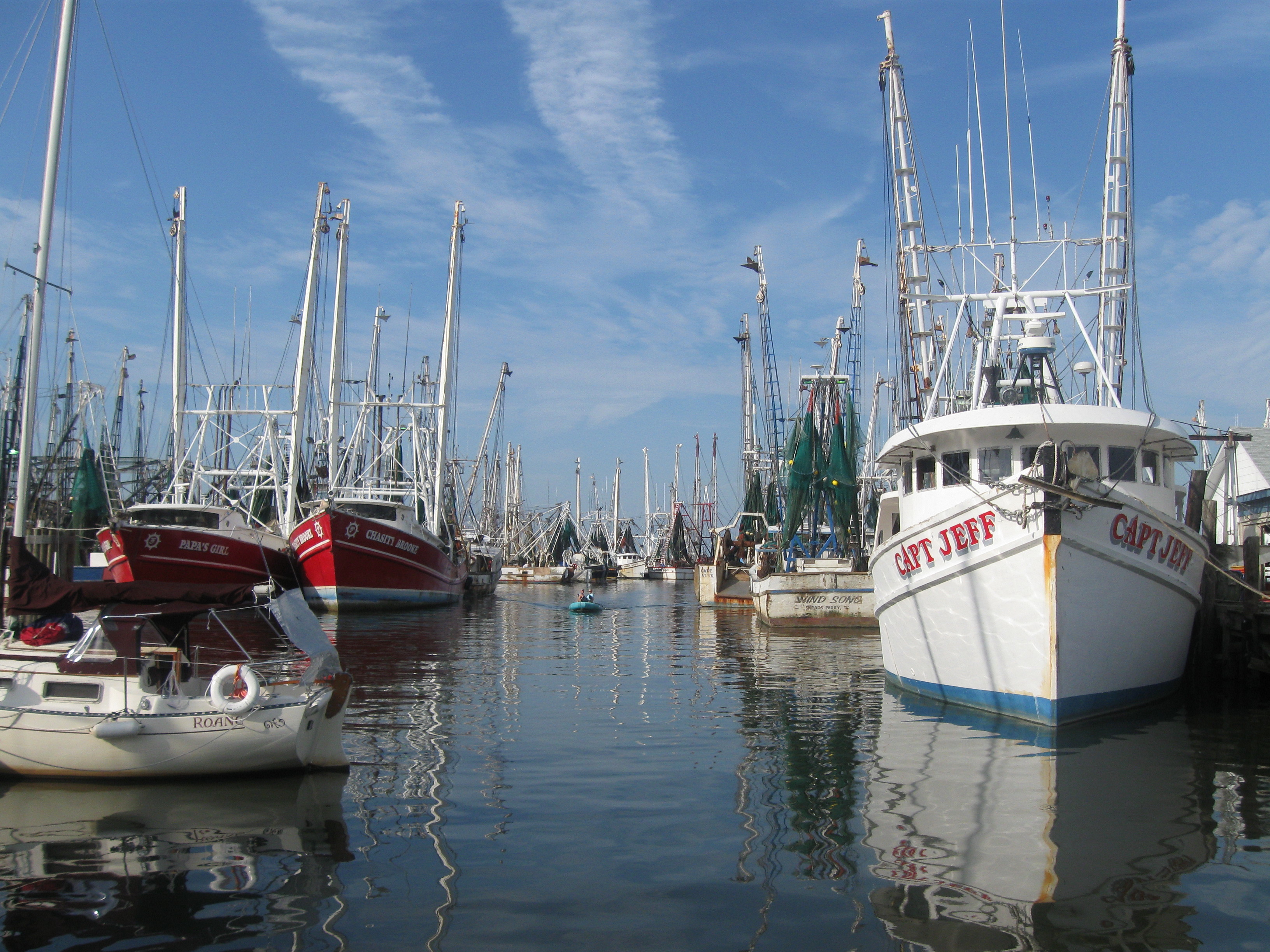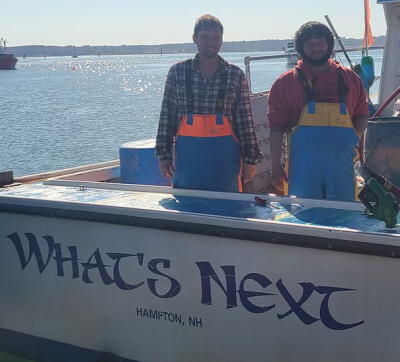All crews on commercial fishing vessels must “wear a face mask or cloth face covering when outside of individual cabins,” according to a Coast Guard a Marine Safety Information Bulletin issued on Monday, March 22.
The CDC masking requirement, issued to protect operators and passengers on public and commercial modes of transportation, has been interpreted broadly by the Coast Guard to apply to “all forms of commercial maritime vessels,” even those that do not legally fall under the category of transportation — “including but not limited to cargo ships, fishing vessels, research vessels, self-propelled barges.”
The original CDC order requires “all travelers” to wear a mask, including those who have been vaccinated. With the Coast Guard interpreting commercial fishing crew to be included in this mandate, it would follow that vaccinated crew members would still be required to mask up.
Other guidelines issued in the FAQ include the requirement to wear a mask outside of one’s quarters, even after a quarantine fulfilled before embarking on the vessel. It does not, however, address whether a mask would be required after an onboard quarantine. Many vessel crews have quarantined together onboard to reduce risks as well as improve ease of operations on deck.
However, the bulletin declares the Coast Guard’s authority to severely restrict vessel access to ports and operations based on a failure to implement the rules laid out in the order.
“Operators of vessels and sea ports that fail to implement… the mask wearing order… may be subject to civil or criminal penalties,” the bulletin states. “Vessels that have not implemented the mask requirement may be issued a Captain of the Port order directing the vessel’s movement and operations; repeated failure to impose the mask mandate could result in civil and/or criminal enforcement action. Additionally, after taking into account operational considerations, the COTP may issue orders prohibiting vessels from mooring at a sea port that fails to implement the CDC guidelines or refer non-compliance with CDC’s guidelines for further civil or criminal enforcement action.”
Why commercial fishing vessels have been included in a requirement written for airplanes, trains, subways, buses, taxis, ride-shares, trolleys, and cable cars has yet to be explained by the Coast Guard.
Feedback on this rule can be issued at [email protected].
Read one captain’s document detailing exempted onboard tasks.
The CDC’s list of exempted maritime vessels is unnecessarily confusing in that it first lists “fishing boats including those used for shell-fishing” with an asterisk that then states: “Fishing vessels, fish processing vessels, and fish tender vessels as defined under 46 U.S.C § 2101 do not fall under this exemption — including shell-fishing vessels.”
The only broad exemptions are:
• When “eating, drinking or taking medication for brief periods” (but not for use of tobacco).
• When the crew member is a solitary worker in the work area (for example, when standing watch).
• While communicating with a person who is hearing impaired when the ability to see the mouth is essential for communication.
• If unconscious (for reasons other than sleeping), incapacitated, unable to be awakened, or otherwise unable to remove the mask without assistance, experiencing difficulty breathing or shortness of breath or feeling winded may temporarily remove the mask.
• When necessary to temporarily remove the mask to verify one’s identity.
• For a child under the age of 2 years.
• For a person with a disability who cannot wear a mask, or cannot safely wear a mask, because of the disability as defined by the Americans with Disabilities Act.
• For a person for whom wearing a mask would create a risk to workplace health, safety, or job duty as determined by the relevant workplace safety guidelines or federal regulations.
The FAQ includes a note that “exceptions are made for a person for whom wearing a mask would create a risk to workplace health, safety, or job duty as determined by the relevant workplace safety guidelines or federal regulations.”
“Vessel or facility operators, owners, or companies should provide clear guidance as to when wearing a mask would create a risk to workplace, health, safety or job duty for crew members and facility personnel.
“The company guidance should address specific tasks that cannot be accomplished safely while wearing a mask. A blanket policy cannot be issued to exempt all persons from wearing a mask at all times. Crew members and facility personnel may be exempt from wearing a mask only when actively performing the task and should immediately wear a mask when the task is complete. Since passengers should refrain from instances where wearing a mask may present a risk, this exemption does not extend to passengers.”







